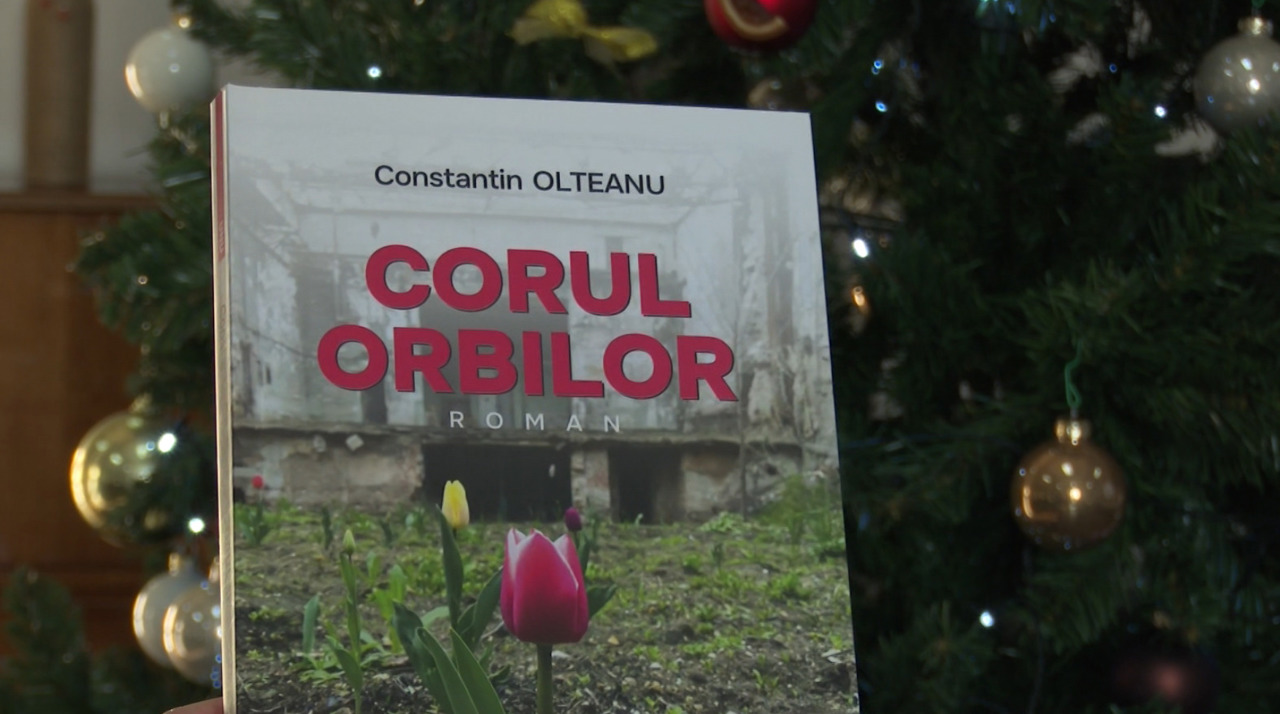Moldova Improves Corruption Fight, GRECO Calls for More
The Council of Europe's Group of States against Corruption (GRECO) has acknowledged the progress made by the Republic of Moldova in implementing an institutional and legal framework for promoting integrity and preventing corruption among high-level government officials.

However, it has also called for some improvements in several areas, according to a press release issued by the Council of Europe on Tuesday, writes Agerpres.
The GRECO Fifth Evaluation Round Report on the Republic of Moldova, published on Tuesday, assesses the effectiveness of measures taken to prevent and combat high-level corruption in the executive branch, including the president, prime minister, deputy prime ministers, ministers, secretaries of state, government secretaries of state, secretary general of the presidential services, secretary general of the government, presidential advisers and ministerial advisers, as well as members of the police and border police.
GRECO acknowledges that the Republic of Moldova has developed an institutional integrity framework consisting of the National Center for Combating Corruption, the National Integrity Authority (ANI), and the Anti-Corruption Prosecutor's Office. A National Strategy for Integrity and Combating Corruption is also in place.
The legal framework for integrity includes several laws on issues such as institutional integrity assessment, management of institutional corruption risks, declaration and verification of personal assets and interests. A new law on access to information of public interest entered into force in January 2024, and a law on the protection of whistleblowers in October 2023.
The GRECO report identifies a number of areas where improvements are needed. The authorities should adopt a code of conduct for high-level government officials in a way that covers all relevant integrity concerns and implement a trustworthy and efficient monitoring system.
The report also notes that lobbying activity is not regulated as such and that there is no effective control of restrictions after the termination of high-level official's functions. It calls on the authorities to address these gaps.
An internal control mechanism should be put in place to ensure consistency of decisions by ANI integrity inspectors and an equal and fair distribution of workload between them.
In addition, GRECO considers that the current mandate of the Anti-Corruption Prosecutor's Office and insufficient resources have affected the effective prosecution of high-level corruption cases.
As for the police and border police, GRECO calls for measures to address the widespread practice of promoting people to temporary positions. It is also necessary to develop specific codes of conduct, supplemented by practical guidelines and a control mechanism.
The authorities are expected to submit a report to GRECO on the implementation of the 25 recommendations by 30 June 2025, so that the country's level of compliance can be assessed.
Translation by Iurie Tataru





